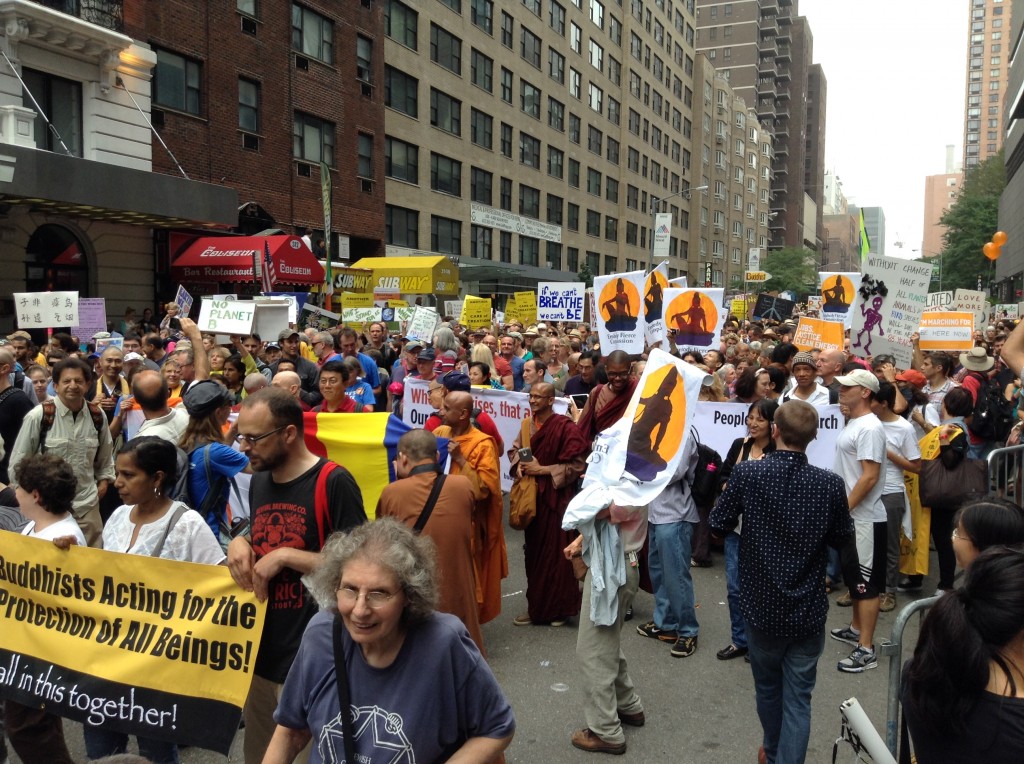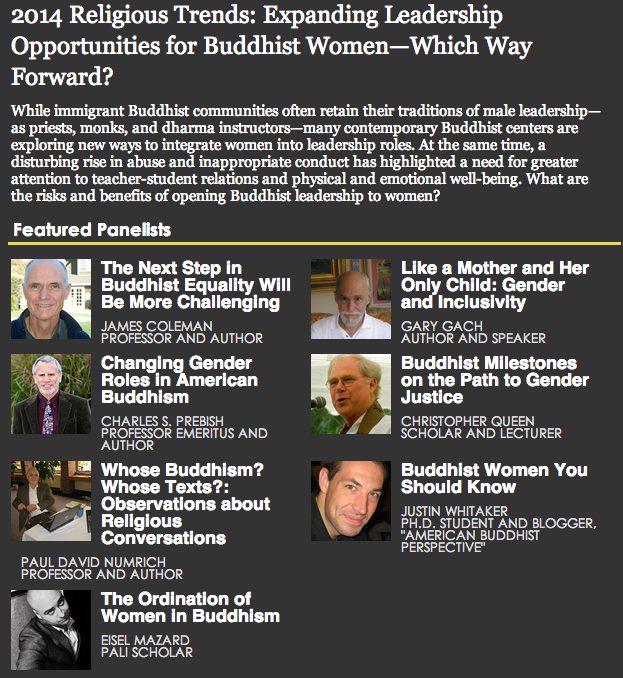Alex Co is an undergraduate at the University of St. Andrews in the United Kingdom, where he studies Social Anthropology and Psychology. Along with five other friends, Alex is producing a feature-length documentary film about Tibetan Buddhist nuns entitled, Daughters of Dolma: The Spiritual Journey of Tibetan Buddhist Nuns in Nepal. The film tells the story of three generations of nuns living in two nunneries in modern-day Nepal.
Speaking about the film, Alex says, “We took our bags and camera to Nepal last June 2011 to make a film about nuns. Through this film, we want to depict them as full human beings beyond their spirituality and red robes. We also want to question many misinformed assumptions about monastic life, and offer another perspective through the nuns’ personal narratives. Most of all, we want to show that they are unique individuals, bound together by their vows yet differentiated from each other by their unique personalities and backgrounds. This film will take strength from the personal stories and interviews with the nuns and their families that will touch the hearts and minds of the audience.”
The film, which has received support from foundations and organizations such as the University of St. Andrews, the Carnegie Trust for the Universities of Scotland, Spalding Trust UK, Richardson Foundation, and Rogue Productions, is currently in production. (The filmmakers also credit the support of their advisors at the University of St. Andrews: Professor Mario Aguilar, Chair of the Centre for the Study of Religion and Politics; Dr. Mattia Fumanti, lecturer in Social Anthropology; and Dr. Robert Burgoyne, Head of the Department of Film Studies.) You can watch the official trailer here.
Alex graciously agreed to answer some questions specially for this blog, and our exchange is below. On behalf our readers, thank you, Alex.
*
Based on what you have observed during the making of this film, were there struggles for the nuns around equal opportunity? If so, how did you see the nuns’ lives and work as being different from those of the monks?
We spent time in two nunneries. One of the nunneries housed nuns aged 4-22, whilst the other one from 10-66. So I will speak about the latter nunnery as they are more aware of social issues. There were no active struggle/protest against the current state of things. For one, the nuns have already established their own 9-year loppon degree (Masters degree in Buddhist Philosophy) when 5 of their nuns successfully graduated from Namdroling Monastery and came back to teach. I thought this was a progressive move which involved some risks. And, at that time of our visit, there was already a three-and-a-half-years year retreat house being constructed just beside their nunnery, which is again another amazing feat. Although we did ask the nuns to hold a debate amongst themselves about the difference between a monk and a nun in Tibetan Buddhism, and great topics were uncovered such as conferring the title of lama to a monk but not to a nun after the completion of a three-and-a-half-years retreat, and, stemming from this, the honorary positions prioritizing males over females (even in the case where the latter are more senior in Buddhist practice) during rituals ceremonies.
The nuns in both nunneries work hard in their own ways. For the former, they are already learning “modern subjects,” such as math, science and English, alongside their Tibetan and Buddhist studies. For the latter, they are devoting more of their time to philosophical studies and ritual practice. I am sure that not all nunneries in the region are in the same situation. But, then again, there are still inequalities even in these two “progressive” nunneries we visited and our friends are well-aware of these.
In a Q&A with your team, you mentioned “stereotypes” about monastic lives. Would you say something about stereotypes or preconceived notions about nuns’ lives that were burst for you while making this film?
There are many! For Stefan, our productions manager, he once thought that the nuns meditate all day on top of isolated hills. It was a hilarious shock when climbing the hill to reach their nunnery, the nuns’ first welcome gesture was to offer us Pepsi. I didn’t have those kinds of stereotypes because I had met other monastic practitioners before. For me, my stereotype was that it would be difficult to bond with the nuns, as there are guys in our team and the nuns may be conservative. But many of these nuns are well-connected to society as well, having brothers and growing up with guy classmates before they took ordination, and so we quickly warmed up to each other and became good friends. I think it was also surprising that during their special prayer ceremonies, they encouraged us to sit with the important people in front to be able to film the whole event well, when I thought rituals are secretive and esoteric.
Finally, at the Facebook page for Daughters of Dolma, the project is described as “a feature-length documentary about spirituality, modernity and gender issues as embodied by Tibetan Buddhist nuns.” Can you say something about what audiences can expect to learn about the confluence of these things in the lives of the nuns you filmed?
Firstly, the film will be to represent the humanity of the nuns, that they are human beings just like us. Maybe they are more inclined towards spiritual endeavours than most of us, but it doesn’t mean that they automatically shun technology or social issues as they are “non-religious.” Whilst Ani Pema argues inquisitively into the philosophy of The Bodhisattva’s Way of Life, Ani Yeshi wants to use her status to set up a foundation to help the less fortunate. I think we want to impress upon the audience how this group is composed of myriad voices interpreting spirituality in their own creative and individual ways. Also, our film will focus on specific nuns, and therefore we are able to follow them in-depth and reveal the beauty and uniqueness of their life stories. It will be an inspiring and hopeful narrative of promising nuns who have captured our hearts with their openness and humor.
*
Please make sure to visit Daughters of Dolma‘s official website online at www.daughtersofdolma.com.












